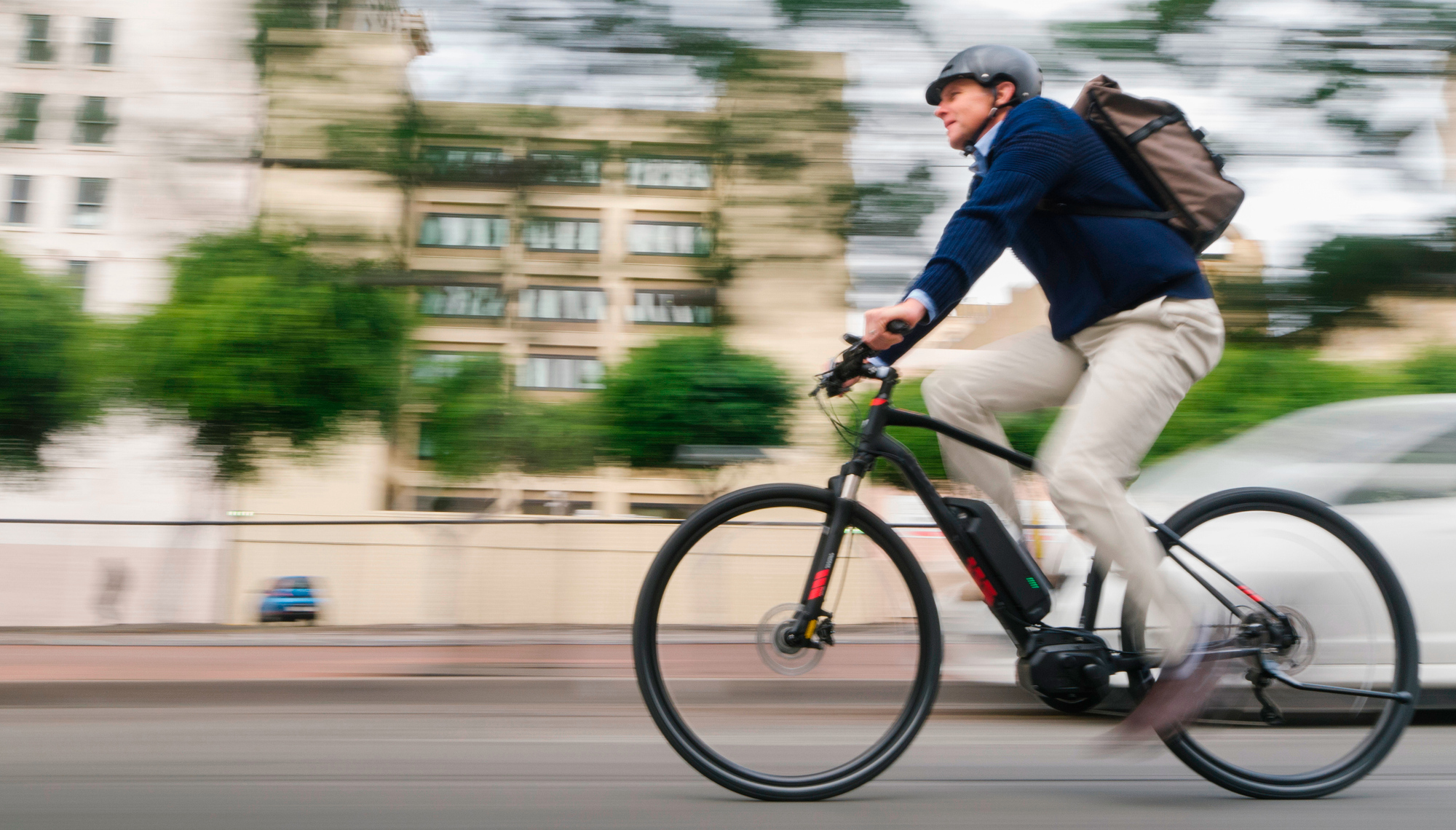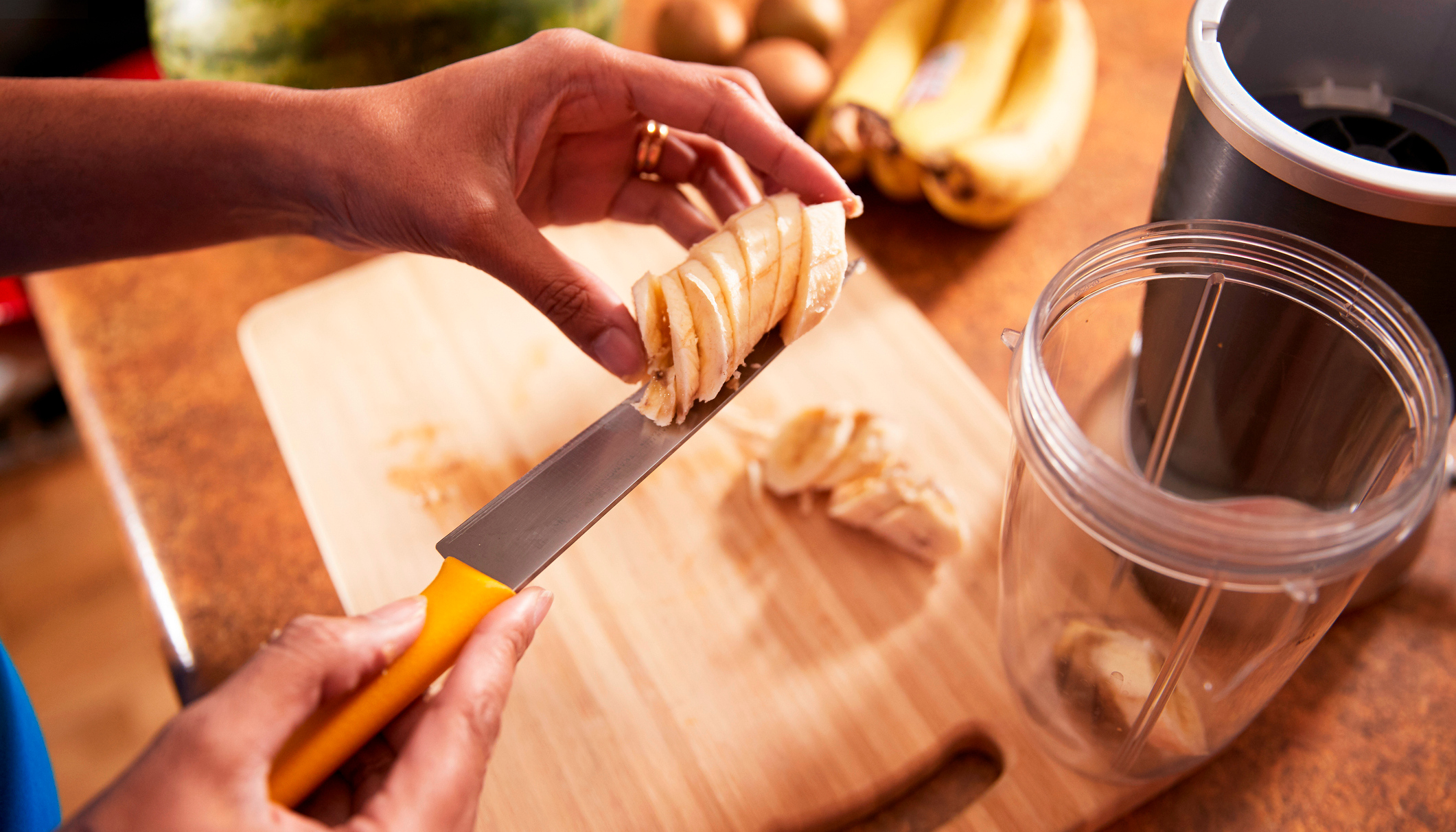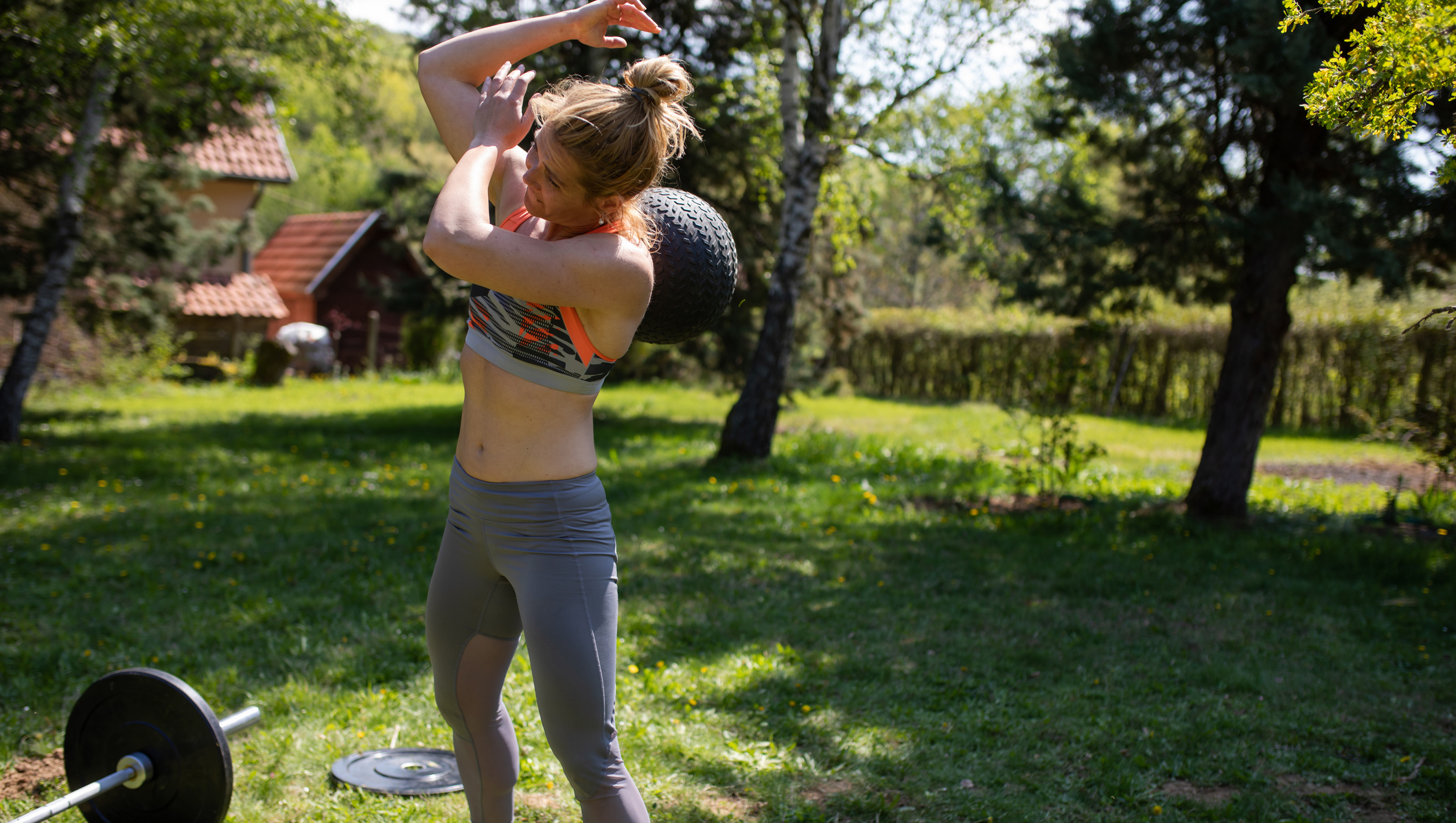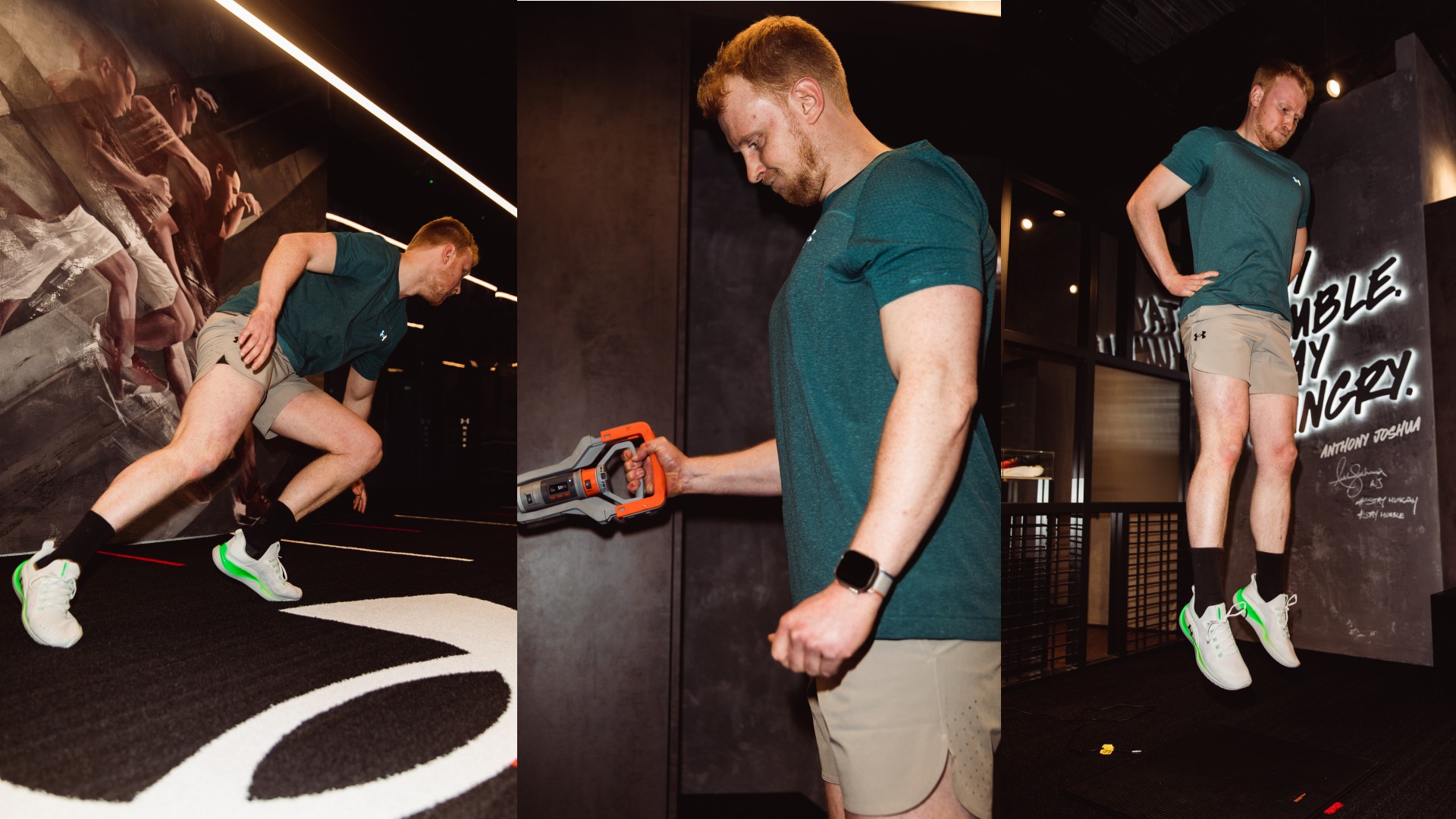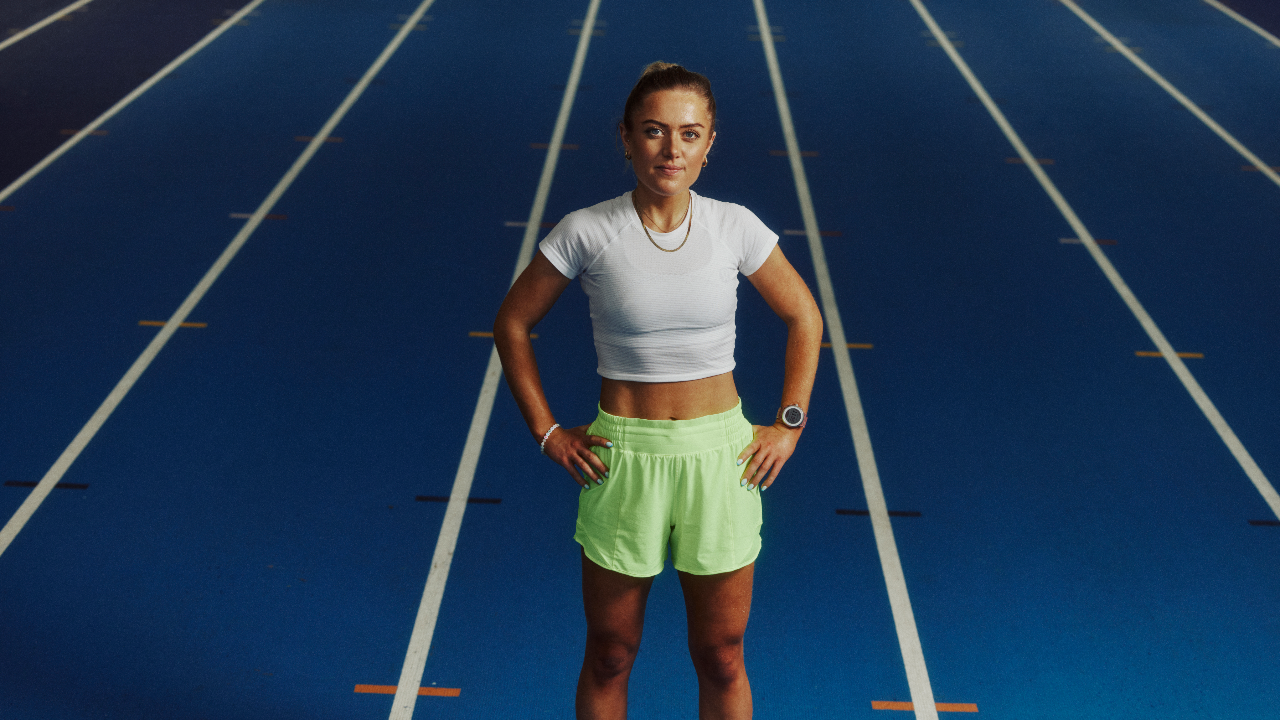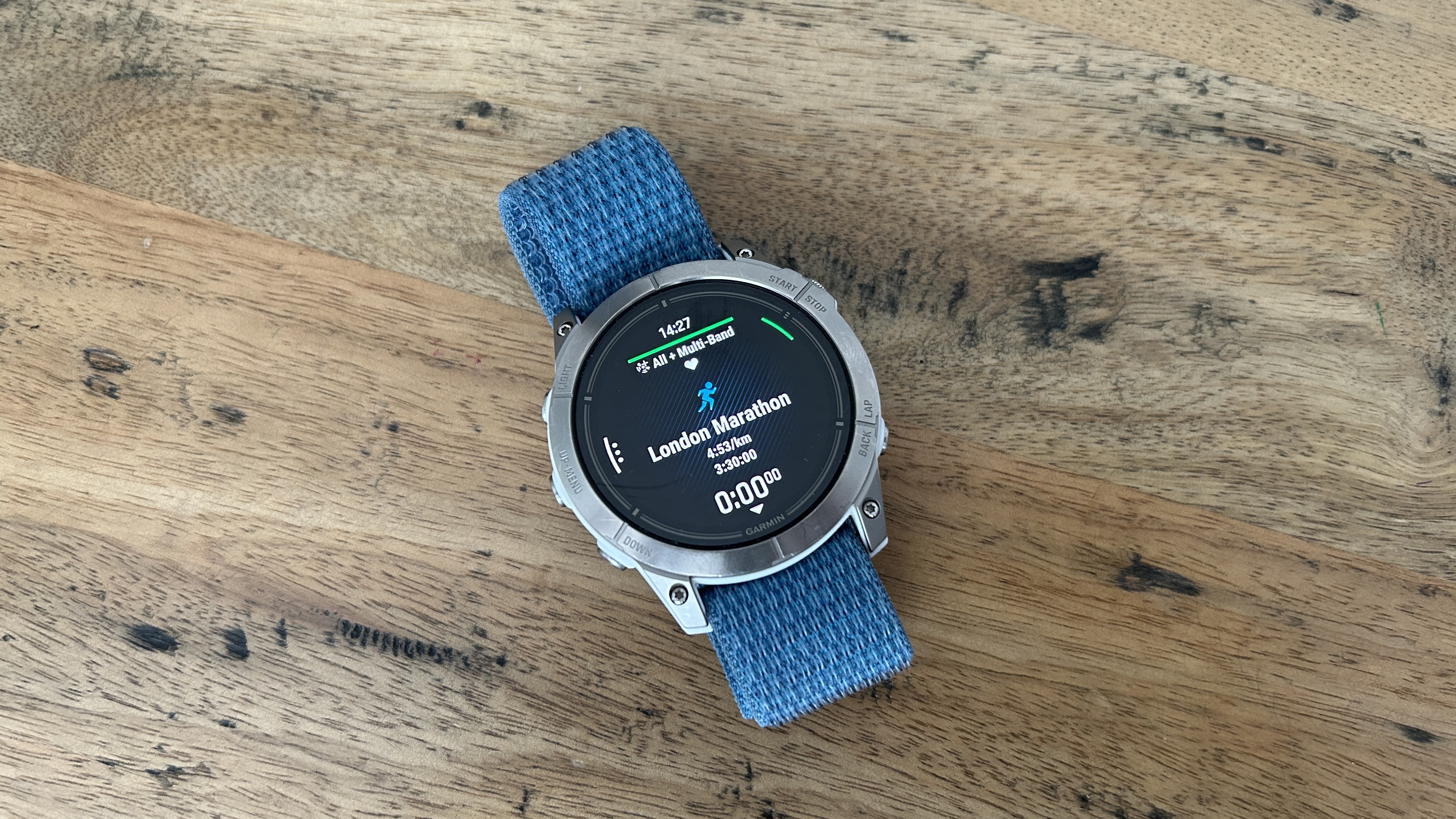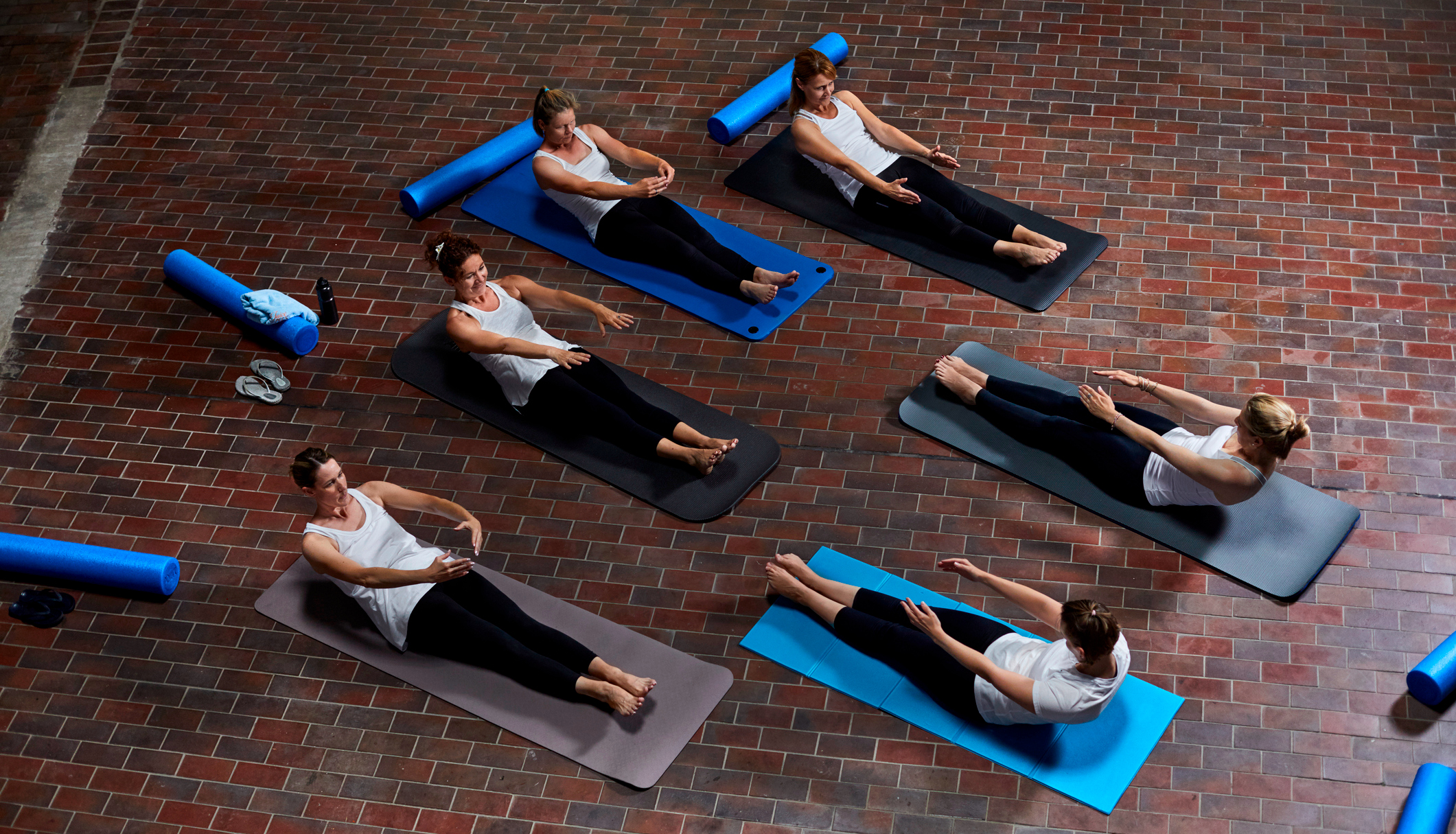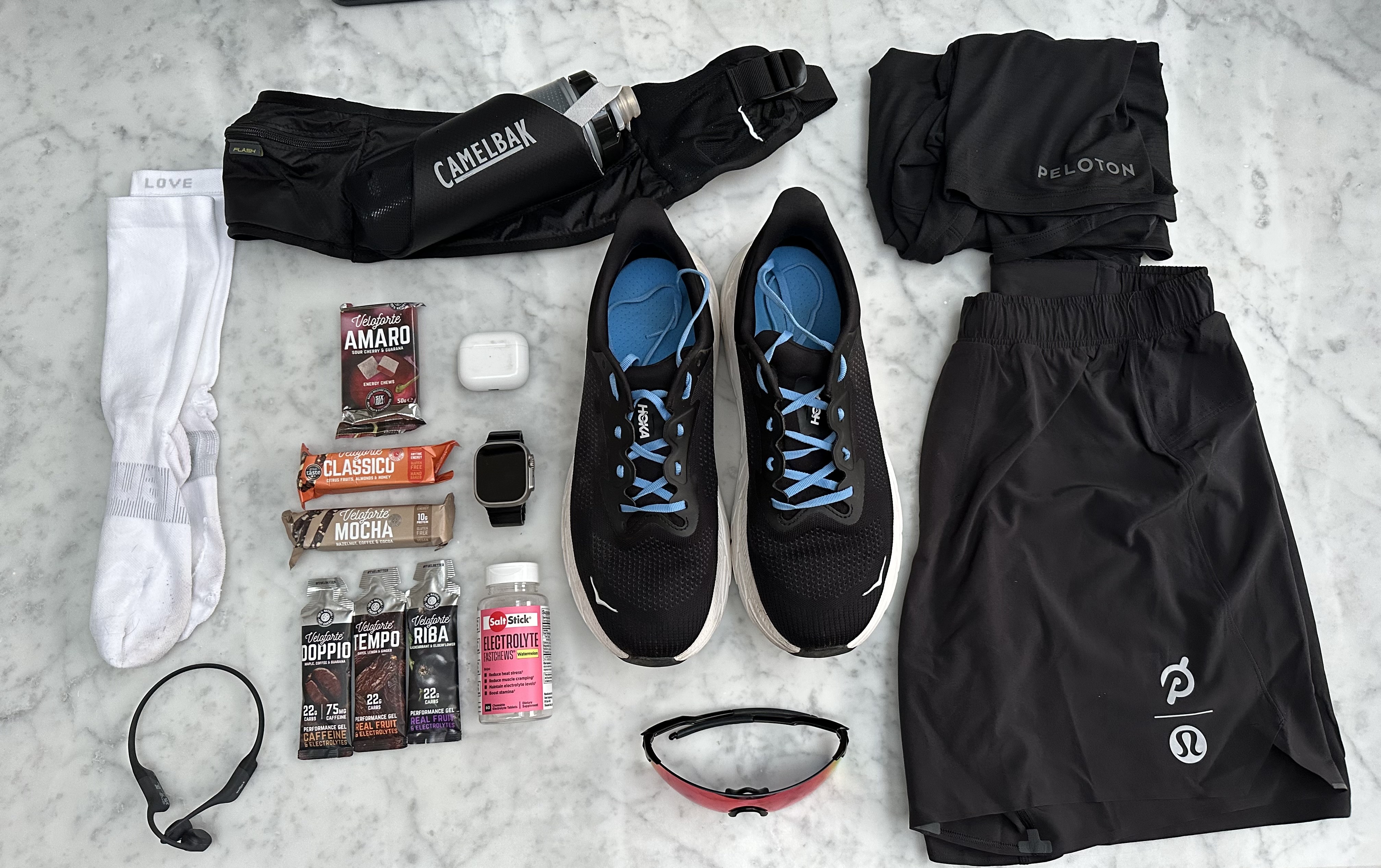Marathon Training Diet Advice To Help You Effectively Fuel Your Running
Use this expert guidance to support your running and stay healthy while training, and discover how to fuel for the marathon itself

There’s a lot more to following a diet suited to marathon training than just eating a lot of carbs – but as an incentive to keep reading this article, we can promise that you will be advised to eat lots of tasty, tasty carbs.
Along with ensuring you have the fuel you need to tackle the runs on your marathon training plan, your diet also needs to help you recover after runs and stay healthy in general. We spoke to Mike Naylor, head of nutrition at Marylebone Health, for expert advice on what to eat when preparing to run a marathon.
What are the key things to consider when planning a marathon training diet?
You need to make sure you’re fuelling your training. Carbohydrate is the primary fuel that’s used by most people when they’re running a marathon. It’s essential to start practising how to fuel for your race early and also fuelling to get the most out of your training.
Most people will be running three to four times a week in their marathon programmes. To be able to do that it’s essential that you recover properly from training, and carbohydrates are a component of that recovery process. You need to replenish the carbohydrates that you’ve used during the training session. Then to repair your muscles, you need protein. You also need to rehydrate. Make sure you’re replacing the fluids that your body sweated out during the training sessions.
How do you make sure you don’t overdo the carbs?
It should be specific to your training. For more intense runs and longer runs, your body will require more carbohydrates, but on lighter days your body won’t require as much. We use the phrase “fuel for the work required”. You periodise your nutrition to match your training. That helps you to fuel your training sessions appropriately, but also manage body composition.
Can you do this through your diet or do you need supplements?
You can do most of it through your diet, but before you start training, it would be worth visiting your GP to ask for a basic blood screen, particularly for things like iron and vitamin D.
Running a marathon can put a lot of pressure on your bones, for instance, so it’s good to make sure your vitamin D levels are sufficient. Iron plays a role in supporting endurance performance with oxygen delivery around the body. If deficient it’s worth using supplements to help support your health, first and foremost, but then also your performance. It’s not about throwing every supplement in the mix but being strategic.
Get the Coach Newsletter
Sign up for workout ideas, training advice, reviews of the latest gear and more.
Should you eat more fruit and vegetables than normal?
It depends what baseline you’re starting from. I always recommend consuming more of green leaf-style vegetables, bright-coloured berries and fruits, plus a varied array of regular vegetables and other fruit. This will help increase the amount of micronutrients – the vitamins and minerals, the polyphenols – in your nutrition. This can help support your immune system and general health throughout training.
How do you carb load before the race?
As a general guideline, consume around 10g of carbohydrates per kg of body weight. So, if you’re 70kg, you’re looking at around 700g of carbohydrates per day to load your muscle glycogen stores for a marathon.
It’s a lot of carbohydrates, so try to add carbohydrates to each of your meals. Porridge for breakfast, and have some extra toast or add honey to your porridge. Have lunches and dinners including pasta or rice and have a bit of bread on the side.
- How to carb-load before running a marathon
Should you reduce your fibre intake in the days ahead of the race or long runs?
You don’t need much fibre then and you want to reduce the amount of food in the gut in the lead-up to the race. It’s better to use white sources of carbohydrates, like white rice and pasta in the days before long runs or races, because that is going to be converted to muscle glycogen faster, and support your performance more effectively.
Fibre can also fill you up a little bit more than other carbohydrate sources, and that can prevent or make it less easy to consume the amount of carbohydrates required to support your performance.
When should you eat your breakfast before long runs and races?
You want to be consuming a bigger breakfast around three hours before the start of the race. Something like Rice Krispies, because it’s just easy carbohydrates that you can consume to get into the system. Some people like porridge too, or toast with jam is quite good.
Then have a small snack 20 to 30 minutes before the marathon, like a cereal bar. Most of the work would have been done in the two to three days leading into the race, where you increased the amount of carbohydrates you’re consuming. That increases the muscle glycogen and all you’re doing on the morning of the race is just refining your liver glycogen stores with that breakfast.
What’s a good example of a meal to help you recover after long runs?
You want carbohydrates and protein, and fluids to rehydrate. Chicken and rice is always a good option with some peas and broccoli. White rice is absorbed quickly and chicken will provide the protein – usually you want around a 30g serving of protein to help support muscle recovery. Then plenty of vegetables. If you want a dessert with it, some Greek yogurt with some bright berries is good. Maybe a bit of honey as well for a bit more carbohydrate.
Some people struggle to eat after a run and that’s where things like recovery shakes can be useful. Or even homemade milkshakes – just something that’s providing fast and easy carbohydrates and protein to help initiate that recovery process.
About Our Expert
As well as being the head of nutrition for Marylebone Health, Mike Naylor is head of nutrition for the English Institute of Sport where he works with Team GB Olympians and Paralympians. Naylor has a BSc and an MSc in Sport and Exercise Science and is a SENr-registered sports nutritionist.

Nick Harris-Fry is a journalist who has been covering health and fitness since 2015. Nick is an avid runner, covering 70-110km a week, which gives him ample opportunity to test a wide range of running shoes and running gear. He is also the chief tester for fitness trackers and running watches, treadmills and exercise bikes, and workout headphones.

